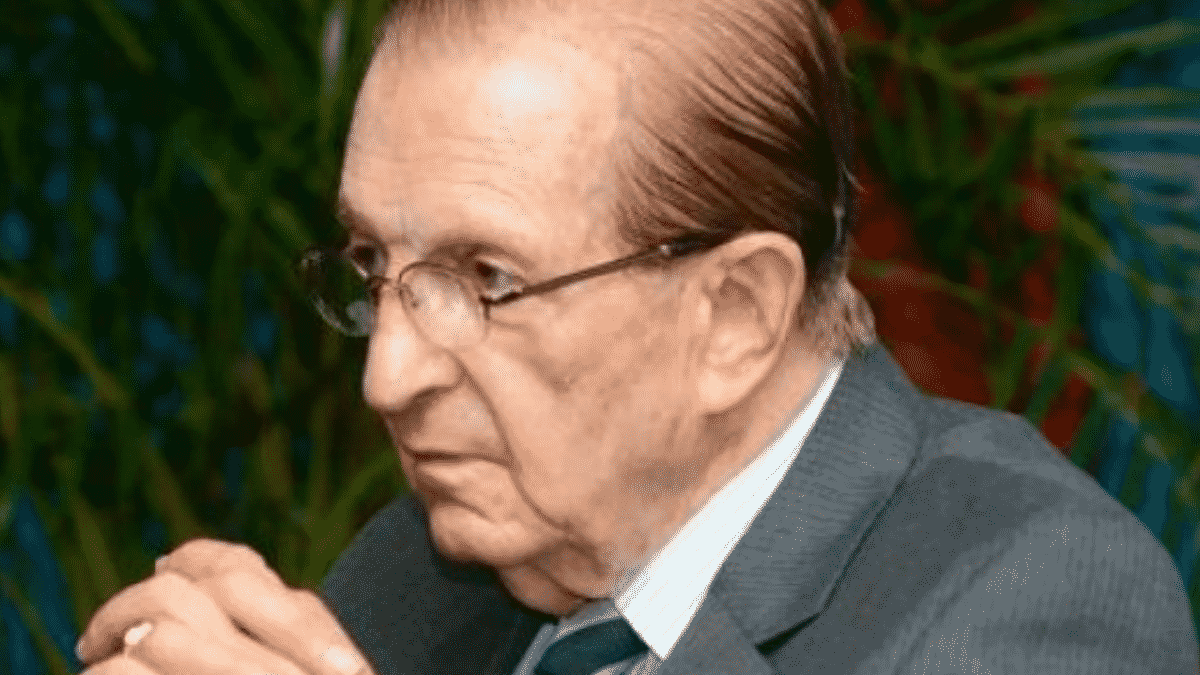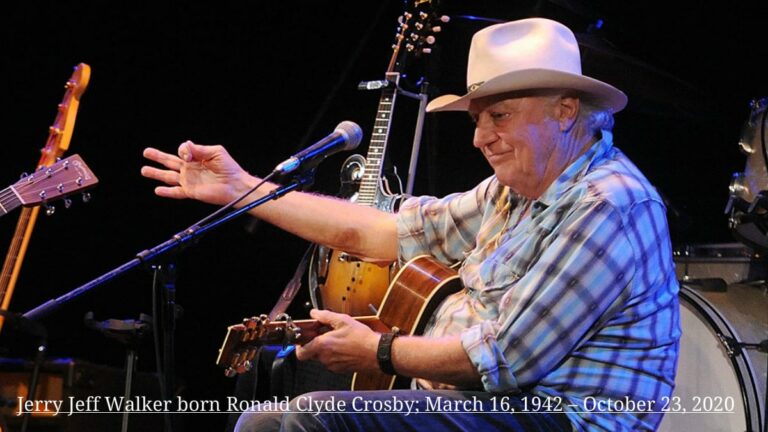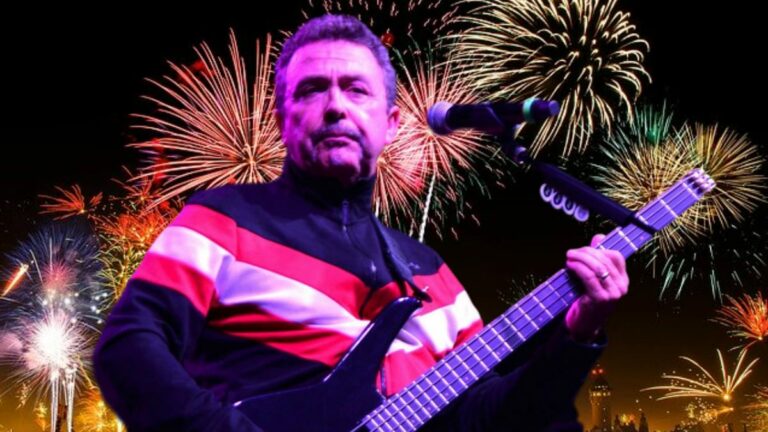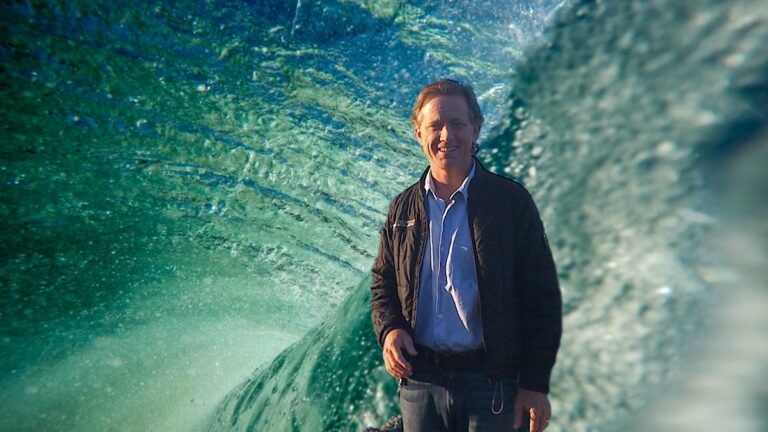Edward Seaga the man who lead Jamaica politics from 1980 to 1989, and was also the leader of the Jamaica Labour Party (JLP) from 1974 to 2005 when he retired from active politics, has died at 89 on his birth. He was Jamaica’s fifth prime minister.
Since his retirement, he has been a distinguished honorary fellow at the academic level at The University of the West Indies and also serves as chancellor of the University of Technology, Jamaica.
Edward Seaga is known to have shaped Jamaica’s post-independence politics and cultural life.
Andrew Holness, the country’s current prime minister, announced Seaga’s death on Twitter. He said, “It is with great sadness that I inform the nation of the passing of the Most Honourable Edward Phillip George Seaga, the fifth Prime Minister of Jamaica.”
Seaga was the only remaining member of the generation of leaders who drafted the constitution when the Caribbean island gained independence from Britain in 1962.
His political career began in the late 1950s, and he won a parliamentary seat in 1962. He was West Kingston’s representative for 40 consecutive years and held a congressional position longer than anyone in Jamaica’s history.
Born on May 28, 1930, in Massachusetts to Lebanese-Jamaican parents, Seaga renounced his U.S. citizenship at a young age to show his loyalty to Jamaica. He studied anthropology at Harvard University and published several papers on Afro-Jamaican folklore and Obeah, a religion combining Christian and African rituals.

Before entering politics, Seaga was a major record producer. He operated the West Indies Records Ltd. distribution company and played a role in introducing ska, a Jamaican music genre, to the world.
At 29, Seaga was appointed to Jamaica’s upper legislative house by Labour Party founder and Jamaica’s first prime minister, Alexander Bustamante.
As opposition leader in the 1970s, Seaga railed against the socialist agenda of Prime Minister Michael Manley, saying it crippled the island’s fragile economy. When Seaga’s Labour Party ousted the incumbent Manley and the democratic socialist administration of the People’s National Party in 1980, Seaga described the landslide victory as a “declaration against communism in Jamaica.”
Edward Seaga Era of prosperity, violence
As Jamaica’s leader, Seaga instituted a pro-American, free-market economy, ushering in what many consider the island’s most prosperous period. He was U.S. President Ronald Reagan’s closest Caribbean ally and was able to boost a struggling economy that was struck by soaring inflation and widespread joblessness. But national debt rose.
The run-up to the 1980 elections that vaulted him to power was extraordinarily bloody. Clashes between rival partisans killed nearly 800 people. For some older Jamaicans, Seaga is forever linked with the state-sponsored political violence of the 1970s, when Jamaica’s two major political factions used gun-toting gangsters to sway voters.
In the 1960s, Seaga gained fame for bulldozing an infamous slum and building Tivoli Gardens, the island’s first public housing project, which he filled with Labour Party supporters. The politicized complex became a hotbed of what Jamaica calls “garrison politics,” where vote-rich slums become permanent power bases for one party.

“Mr. Seaga can be blamed for starting garrison politics but not for the genesis of political violence,” said Christopher Charles, a senior lecturer in political psychology at the Jamaica’s University of the West Indies.
Seaga’s supporters carry a banner depicting the Labour Party Leader as they arrived at a rally in his West Kingston constituency on Oct. 14, 2002. (Andrew Winning/Reuters)
Following a deadly 1978 military ambush of gang members allied to Seaga’s Labour Party, Jamaica’s leading reggae musicians took the stage at a Kingston concert to support peace. The concert’s highlight was a moment that has become immortalized in Jamaican consciousness: Reggae icon Bob Marley made Seaga and Manley clasp hands over his head and promised an end to the violence. It didn’t work; things only got bloodier.
In 1989, Seaga’s party lost the general election to Manley after he transformed into a centrist. But Seaga remained the Labour Party’s leader for many years afterward and built national institutions such as the annual festival celebrations, the Jamaica Cultural Development Commission and the HEART Trust/National Training Agency, among other institutions.
Holness, the current prime minister from the Labour Party, is a Seaga protégé. First elected to parliament in 1997 at the age of 25, he was a special assistant to Seaga, who was chief of the Labour Party until Bruce Golding took over in 2005.
When Edward Seaga resigned from the party, he became a senior research fellow at the University of the West Indies.
Edward Seaga was married from 1965 to 1996 to the former Marie Constantine, who had been Miss Jamaica 1964. They had three children together — Anabella, Andrew, and Christopher — before divorcing. He remarried in 1997 to Carla Vendryes, 30 years his younger. The couple had a daughter, Gabrielle, in 2002, when Seaga was 72.
Leader who have pass







